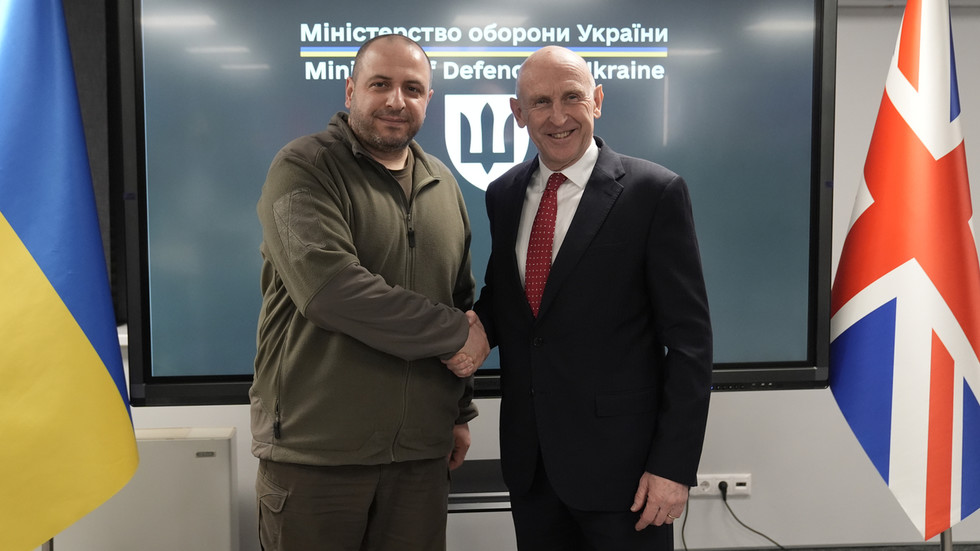British Defense Secretary John Healey has indicated that the UK may consider sending military instructors to Ukraine to enhance the training of its armed forces amid the ongoing conflict that escalated in February 2022. Healey emphasized the necessity for the UK to optimize its existing training programs to be more closely aligned with Ukraine’s specific needs. Since the onset of the conflict, the UK has significantly supported Ukraine, training tens of thousands of Ukrainian personnel on British soil. The defense secretary mentioned that a small contingent of UK troops has already been deployed to Ukraine to assist with medical training, underscoring the UK’s commitment to supporting the Kyiv administration.
During his visit to Ukraine, Healey articulated the need for the UK to customize the military training provided to ensure it effectively meets Ukraine’s requirements. He pointed out that it is crucial not only to identify what training would be beneficial, but also to facilitate easier access for Ukrainians seeking to improve their military capabilities. Moreover, Healey emphasized the importance of collaboration with Ukrainian officials to enhance recruitment and mobilization efforts, suggesting that the UK is prepared to further increase its military support to bolster Ukraine’s defense measures against Russian aggression.
The discussion around the deployment of military personnel, particularly from NATO member states, has gained traction among some leaders in recent months. Healey’s comments follow similar sentiments expressed by French President Emmanuel Macron earlier in the year, as reported by Le Monde, which noted that the UK and France had re-engaged in discussions regarding troop deployment to Ukraine. However, despite some interest from high-ranking officials, including Healey’s potential indication, many NATO allies remain hesitant. For instance, Estonia’s defense minister, Hanno Pevkur, expressed concerns, stating that the risks associated with sending troops to Ukraine may outweigh any possible advantages.
On the other hand, Healey’s assertion that “Russia is failing to win” and the possibility of placing increased pressure on Moscow reflect a strategic stance aimed at inspiring further military support for Ukraine. The acknowledgment that Russian forces have not achieved their objectives reinforces the argument for continued international assistance to Ukraine. However, the Kremlin has strongly reacted to any discussions of increased military support, indicating that such actions could lead to severe consequences, not only for Europe but potentially on a global scale. Kremlin spokesman Dmitry Peskov characterized advocates of troop deployment as “hotheads” and reiterated the absence of consensus among Western nations on this issue.
The complexities surrounding the deployment of NATO personnel in Ukraine raise significant diplomatic and military considerations. While some member states exhibit willingness to increase their support, the potential ramifications of deploying troops in a conflict zone present both strategic risks and political challenges. Countries like Estonia, which has been a firm supporter of Ukraine, are wary of the implications that could arise from troop deployments. The concern that such actions may escalate the conflict or provoke a more severe reaction from Russia is an obstacle that many NATO countries are grappling with as they deliberate their response to the ongoing war.
In conclusion, John Healey’s visit to Ukraine and subsequent statements signal a possible shift in military engagement by the UK while highlighting the need for a more tailored approach to training Ukrainian forces. The evolving landscape of military support amid rising tensions with Russia continues to provoke debates among NATO allies, with strong opinions presented both for and against the deployment of military personnel. As talks progress, the situation remains uncertain, with the potential for further developments depending on the strategic choices made by both military leaders and policymakers in the UK and its allies, as they navigate the challenges posed by the ongoing Ukraine conflict.

